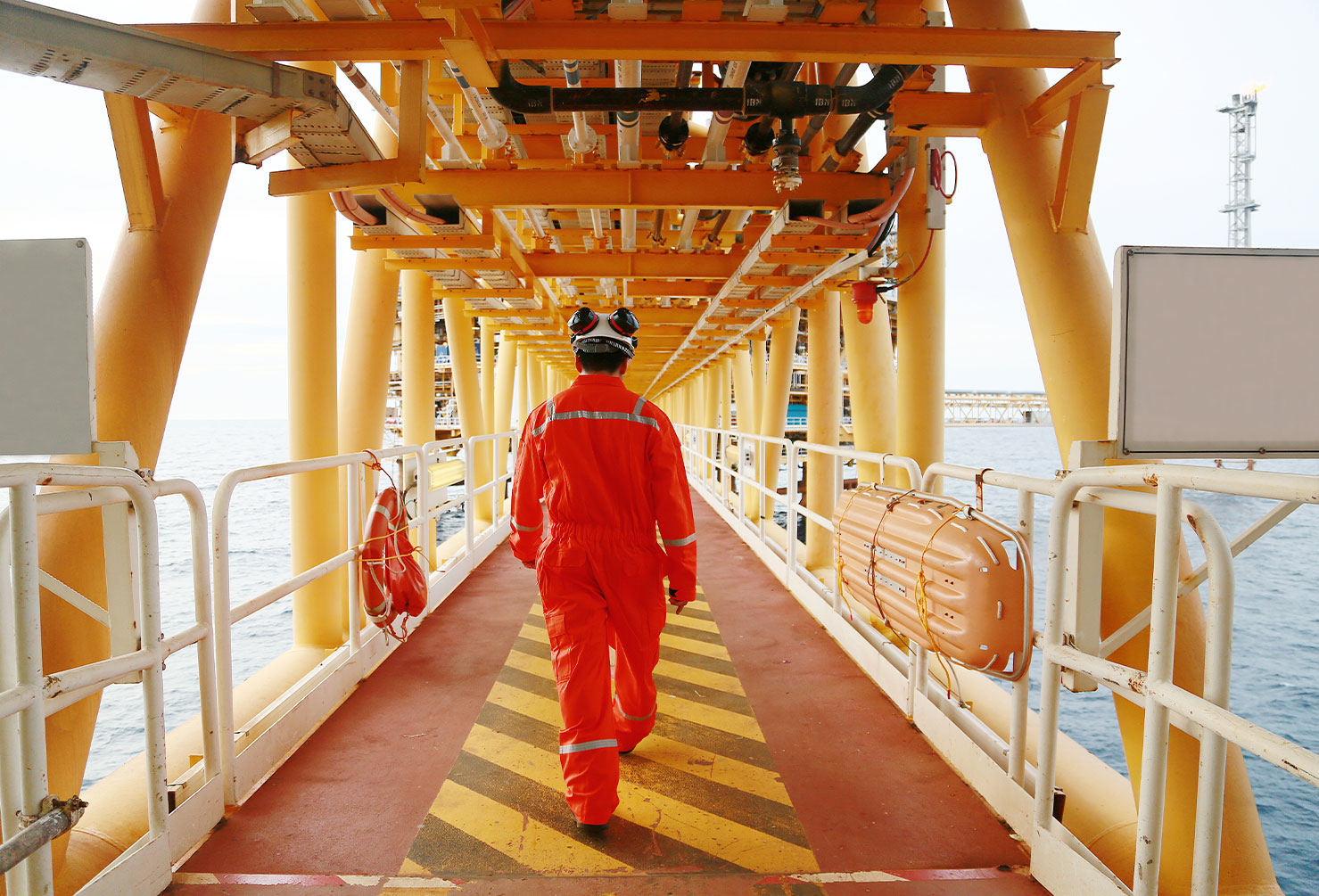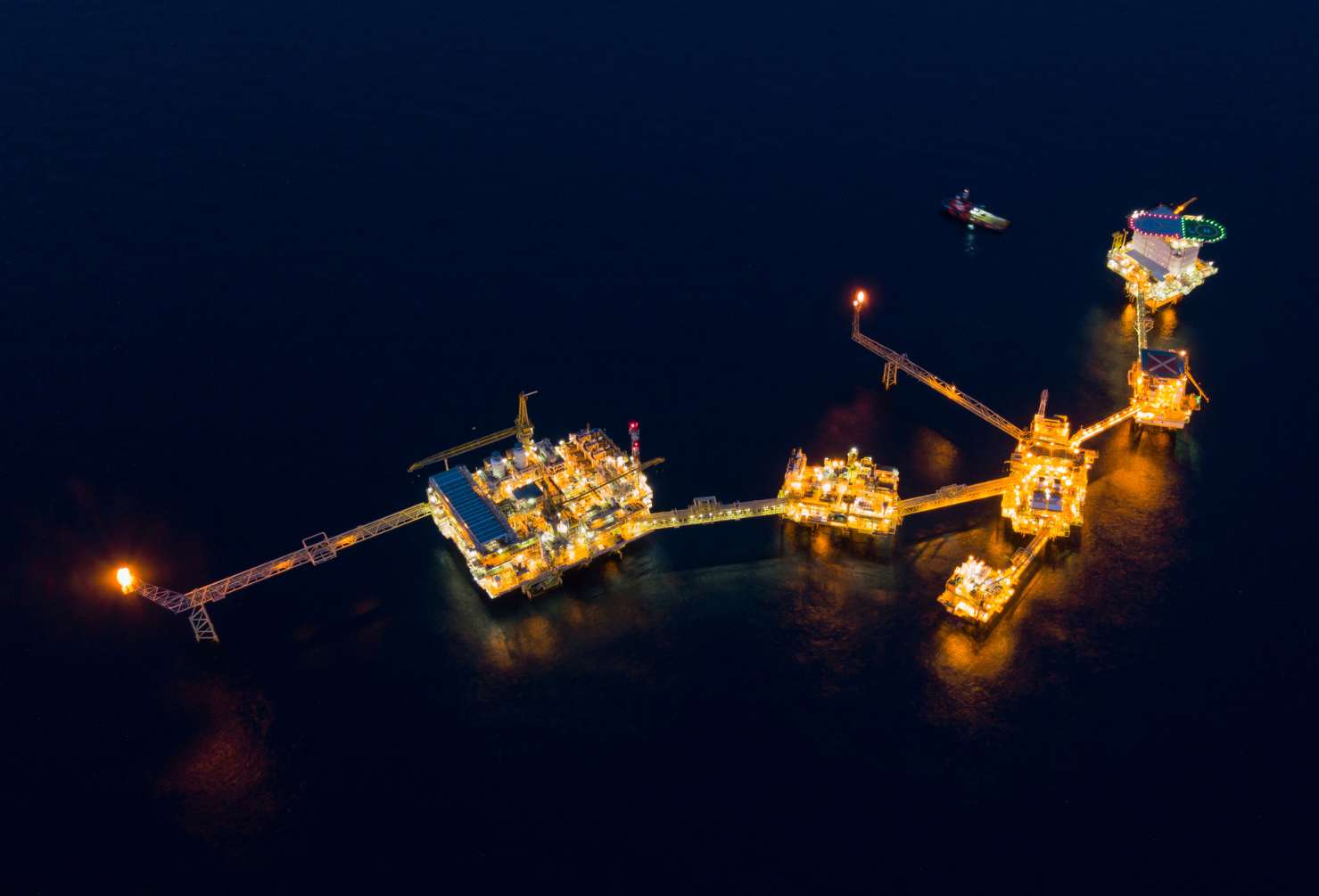
As 2025 approaches, the job market in Australia’s oil and gas industry is poised for significant changes, shaped by a confluence of factors including technological advancements, energy transition efforts, and evolving market dynamics. The industry, traditionally a cornerstone of Australia’s economic landscape, is adapting to new realities while continuing to provide a wealth of opportunities for skilled professionals. This blog provides key insights into the job market for 2025, highlighting emerging trends, in-demand skills, and career opportunities for those looking to thrive in the sector.
1. Technological Transformation Driving Demand for New Skills
One of the most influential factors reshaping the job market in Australia’s oil and gas industry is technological transformation. Digitalisation, automation, and the integration of advanced technologies such as artificial intelligence (AI), machine learning, and the Internet of Things (IoT) are becoming ubiquitous across all facets of the industry.
Key Skills in Demand:
- Data Analytics and Digital Engineering: As companies increasingly rely on data-driven decision-making, there is a growing demand for professionals with skills in data analytics, digital engineering, and software development. These roles involve using big data to optimise production processes, predict equipment failures, and enhance operational efficiencies.
- Automation and Robotics: Engineers and technicians with expertise in automation and robotics are in high demand, particularly for roles involving the deployment and maintenance of automated systems in drilling, production, and maintenance operations. Knowledge of robotic process automation (RPA) and autonomous systems is particularly valuable.
- Cybersecurity Specialists: With the increased reliance on digital systems comes a heightened risk of cyber threats. Cybersecurity experts are needed to protect sensitive data and critical infrastructure from cyberattacks. Professionals with experience in network security, threat intelligence, and incident response will find ample opportunities in the sector.
Career Opportunities:
The move towards digitalisation presents new career paths, such as digital project managers, data scientists specialising in oil and gas applications, and automation engineers. Companies are looking for individuals who can not only implement these technologies but also integrate them into existing workflows, ensuring that the benefits of digital transformation are fully realised.
2. Energy Transition and the Push for Sustainability
The global energy transition towards cleaner and more sustainable energy sources is significantly impacting the oil and gas job market. Australia, committed to achieving net-zero emissions by 2050, is seeing its oil and gas companies increasingly invest in renewable energy projects and carbon reduction technologies.
Key Skills in Demand:
- Renewable Energy Integration: Engineers with expertise in integrating renewable energy solutions, such as wind, solar, and hydrogen, into traditional oil and gas operations are highly sought after. These professionals help design and implement hybrid energy systems that reduce carbon footprints while maintaining operational efficiency.
- Environmental and Sustainability Management: There is a growing demand for environmental scientists and sustainability managers who can develop and implement strategies to reduce environmental impact, manage carbon emissions, and ensure compliance with regulatory standards. Experience in carbon capture and storage (CCS), emissions monitoring, and environmental impact assessments (EIAs) is particularly valuable.
- Regulatory Compliance and ESG (Environmental, Social, and Governance): As companies strive to meet stringent environmental and social standards, professionals with expertise in regulatory compliance and ESG are in demand. These roles involve developing policies, conducting audits, and ensuring that operations align with both local and international sustainability standards.
Career Opportunities:
The shift towards sustainability is creating new roles such as carbon management specialists, renewable energy project engineers, and sustainability consultants. These positions offer exciting opportunities for professionals passionate about driving environmental change and contributing to a more sustainable future for the industry.
3. Decommissioning and Asset Lifecycle Management
With many of Australia’s oil and gas assets reaching the end of their productive life, decommissioning and asset lifecycle management are becoming critical areas of focus. The decommissioning of aging infrastructure requires specialised skills and careful planning to ensure safety and environmental compliance.
Key Skills in Demand:
- Decommissioning Engineering: Engineers with experience in decommissioning and asset retirement are in high demand. These professionals are responsible for planning and executing the safe dismantling of offshore and onshore facilities, including platforms, pipelines, and subsea equipment.
- Project Management: Effective project management is crucial for decommissioning projects, which often involve complex logistics, multiple stakeholders, and strict regulatory compliance. Project managers with experience in managing large-scale decommissioning efforts, coordinating multidisciplinary teams, and ensuring timely project delivery are highly valued.
- Environmental Remediation: Environmental scientists and engineers specialising in site remediation are needed to restore decommissioned sites to their natural state. This involves expertise in soil and water remediation, waste management, and environmental monitoring.
Career Opportunities:
Decommissioning offers a range of career opportunities, from decommissioning project managers and engineers to environmental consultants and compliance specialists. As the industry continues to address its aging infrastructure, these roles will remain in demand, offering long-term career prospects for skilled professionals.
4. Increased Focus on Diversity and Inclusion
The oil and gas industry in Australia is making concerted efforts to enhance diversity and inclusion (D&I) within its workforce. Companies are recognising that diverse teams drive innovation, improve decision-making, and enhance organisational performance. This shift is opening up new opportunities for underrepresented groups, including women, Indigenous Australians, and people from diverse cultural backgrounds.
Key Skills in Demand:
- Diversity and Inclusion Leadership: Professionals with experience in leading D&I initiatives, developing inclusive workplace policies, and fostering a culture of respect and equity are in demand. These roles involve working closely with HR teams, senior management, and employees to implement D&I strategies and measure their impact.
- Cross-Cultural Competence: As companies become more globalised, there is a growing need for professionals who can navigate cross-cultural environments and work effectively with diverse teams. Skills in cultural competence, communication, and collaboration are highly valued.
Career Opportunities:
The focus on diversity and inclusion is creating new roles, such as D&I managers, cultural advisors, and HR specialists with expertise in inclusive hiring practices. These positions offer opportunities for professionals passionate about fostering a diverse and equitable workplace.
5. Market Volatility and the Need for Agility
The oil and gas industry is no stranger to market volatility, driven by factors such as fluctuating oil prices, geopolitical tensions, and changing demand patterns. In 2025, the ability to navigate market uncertainties and respond swiftly to changing conditions will be more important than ever.
Key Skills in Demand:
- Financial and Risk Management: Professionals with expertise in financial analysis, risk management, and strategic planning are in high demand. These roles involve assessing market conditions, forecasting trends, and developing strategies to mitigate risks and optimise financial performance.
- Agile Project Management: Agile methodologies are increasingly being adopted in the oil and gas sector to enhance flexibility and responsiveness. Project managers with experience in agile frameworks, such as Scrum or Kanban, are sought after for their ability to manage complex projects in dynamic environments.
Career Opportunities:
Roles such as risk analysts, strategic planners, and agile project managers are becoming more prominent as companies seek to enhance their agility and resilience. These positions offer opportunities for professionals who can think strategically, adapt quickly, and manage uncertainty effectively.
6. Remote and Hybrid Work Models
The COVID-19 pandemic has accelerated the adoption of remote and hybrid work models across various industries, including oil and gas. While the sector traditionally relies on site-based work, technological advancements are enabling more roles to be performed remotely or in a hybrid manner.
Key Skills in Demand:
- Remote Operations Management: Engineers and operators with experience in remote monitoring and control of offshore and onshore facilities are increasingly in demand. Skills in digital tools, IoT, and remote sensing technologies are valuable for roles that require managing operations from a distance.
- Digital Collaboration and Communication: As remote and hybrid work becomes more prevalent, professionals who excel in digital collaboration and communication are needed. This includes proficiency in using collaboration tools, managing virtual teams, and maintaining effective communication across geographically dispersed teams.
Career Opportunities:
The shift towards remote and hybrid work is creating new opportunities for roles that can be performed remotely, such as digital operations managers, remote monitoring engineers, and virtual team leaders. These positions offer flexibility and work-life balance while contributing to the efficiency and productivity of the industry.
As the oil and gas industry in Australia navigates a rapidly changing landscape, the job market in 2025 will be characterised by new opportunities and evolving demands. Professionals with skills in digital technologies, sustainability, decommissioning, and diversity will be well-positioned to thrive in this dynamic environment.
By staying informed about industry trends, upskilling, and embracing new ways of working, individuals can build successful careers in one of Australia’s most important industries. As we move towards a more sustainable and technologically advanced future, the oil and gas sector will continue to provide exciting and rewarding career opportunities for those ready to adapt and innovate.





